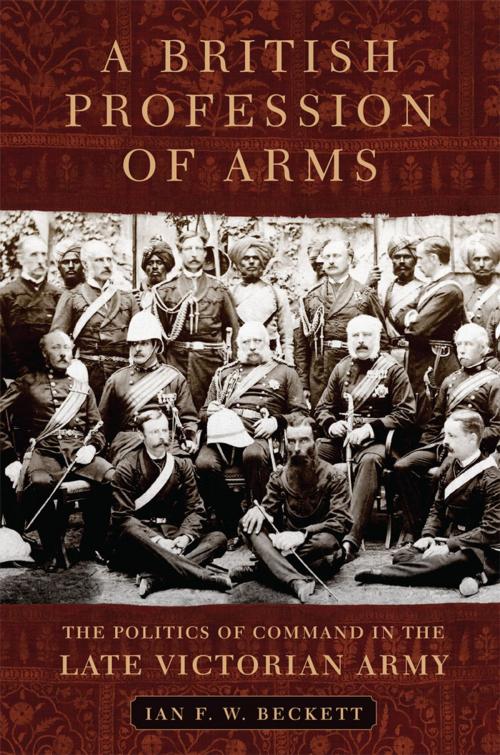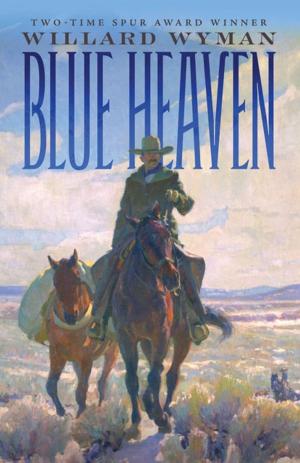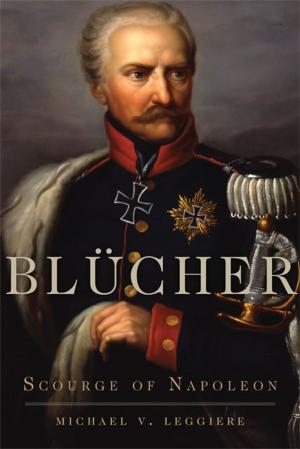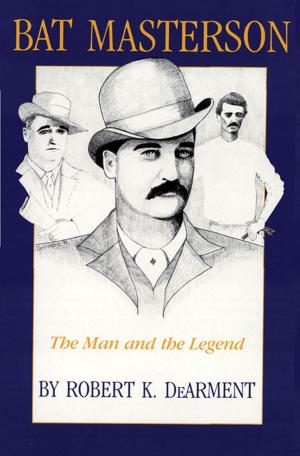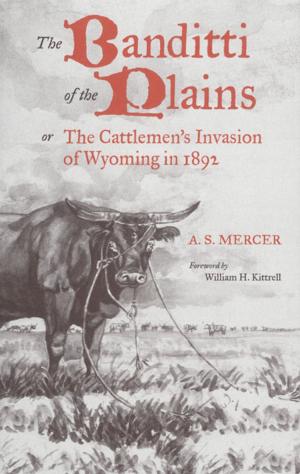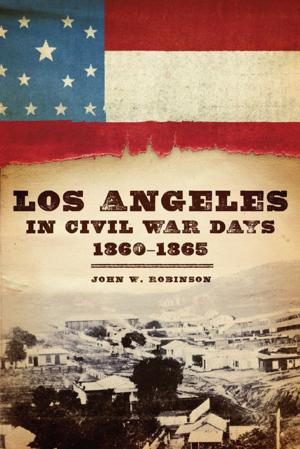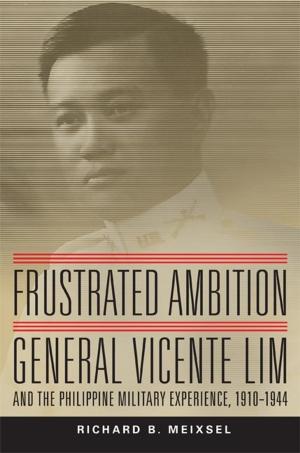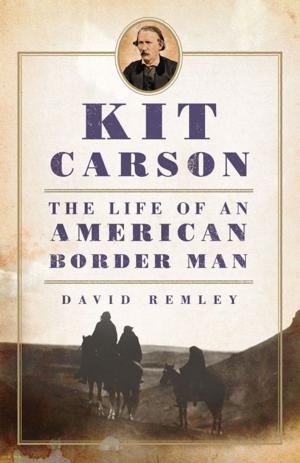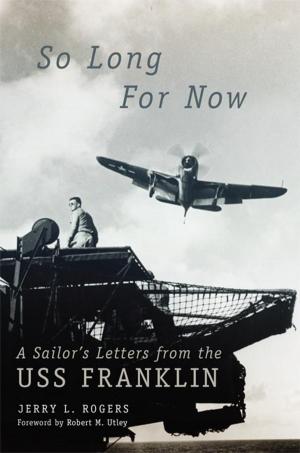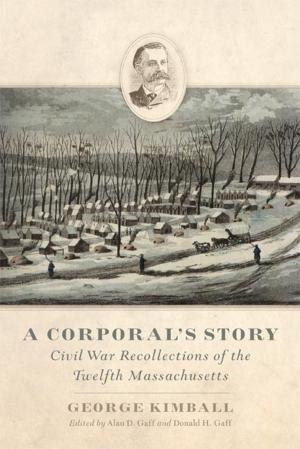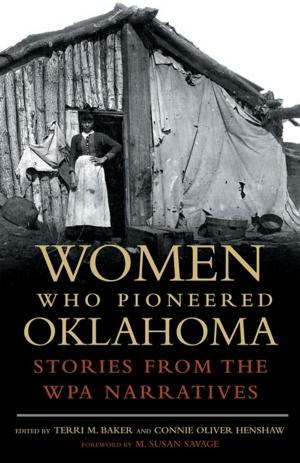A British Profession of Arms
The Politics of Command in the Late Victorian Army
Nonfiction, History, British, Military| Author: | Ian F. W. Beckett | ISBN: | 9780806162010 |
| Publisher: | University of Oklahoma Press | Publication: | October 25, 2018 |
| Imprint: | University of Oklahoma Press | Language: | English |
| Author: | Ian F. W. Beckett |
| ISBN: | 9780806162010 |
| Publisher: | University of Oklahoma Press |
| Publication: | October 25, 2018 |
| Imprint: | University of Oklahoma Press |
| Language: | English |
“You offer yourself to be slain,” General Sir John Hackett once observed, remarking on the military profession. “This is the essence of being a soldier.” For this reason as much as any other, the British army has invariably been seen as standing apart from other professions—and sometimes from society as a whole. A British Profession of Arms effectively counters this view*.* In this definitive study of the late Victorian army, distinguished scholar Ian F. W. Beckett finds that the British soldier, like any other professional, was motivated by considerations of material reward and career advancement.
Within the context of debates about both the evolution of Victorian professions and the nature of military professionalism, Beckett considers the late Victorian officer corps as a case study for weighing distinctions between the British soldier and his civilian counterparts. Beckett examines the role of personality, politics, and patronage in the selection and promotion of officers. He looks, too, at the internal and external influences that extended from the press and public opinion to the rivalry of the so-called rings of adherents of major figures such as Garnet Wolseley and Frederick Roberts. In particular, he considers these processes at play in high command in the Second Afghan War (1878–81), the Anglo-Zulu War (1879), and the South African War (1899–1902).
Based on more than thirty years of research into surviving official, semiofficial, and private correspondence, Beckett’s work offers an intimate and occasionally amusing picture of what might affect an officer’s career: wealth, wives, and family status; promotion boards and strategic preferences; performance in the field and diplomatic outcomes. It is a remarkable depiction of the British profession of arms, unparalleled in breadth, depth, and detail.
“You offer yourself to be slain,” General Sir John Hackett once observed, remarking on the military profession. “This is the essence of being a soldier.” For this reason as much as any other, the British army has invariably been seen as standing apart from other professions—and sometimes from society as a whole. A British Profession of Arms effectively counters this view*.* In this definitive study of the late Victorian army, distinguished scholar Ian F. W. Beckett finds that the British soldier, like any other professional, was motivated by considerations of material reward and career advancement.
Within the context of debates about both the evolution of Victorian professions and the nature of military professionalism, Beckett considers the late Victorian officer corps as a case study for weighing distinctions between the British soldier and his civilian counterparts. Beckett examines the role of personality, politics, and patronage in the selection and promotion of officers. He looks, too, at the internal and external influences that extended from the press and public opinion to the rivalry of the so-called rings of adherents of major figures such as Garnet Wolseley and Frederick Roberts. In particular, he considers these processes at play in high command in the Second Afghan War (1878–81), the Anglo-Zulu War (1879), and the South African War (1899–1902).
Based on more than thirty years of research into surviving official, semiofficial, and private correspondence, Beckett’s work offers an intimate and occasionally amusing picture of what might affect an officer’s career: wealth, wives, and family status; promotion boards and strategic preferences; performance in the field and diplomatic outcomes. It is a remarkable depiction of the British profession of arms, unparalleled in breadth, depth, and detail.
